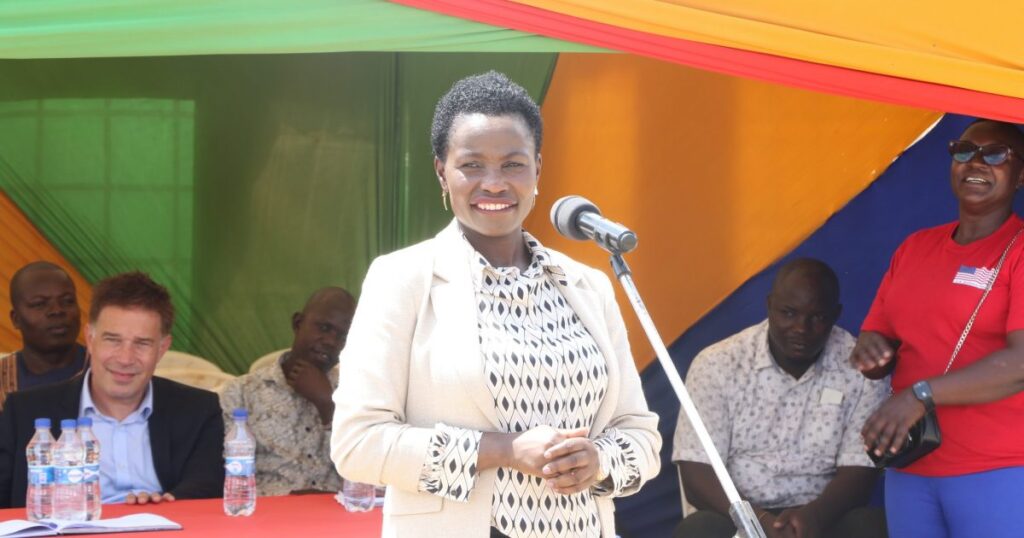The Principal Secretary (PS) for the State Department for Micro, Small and Medium Enterprises (MSMEs), Susan Mang’eni, has called on Busia County residents to take up edible oil crop farming as a strategic step toward economic empowerment and import substitution.
Speaking at the Nasewa County Aggregated Industrial Park during a meeting with cooperative societies, SACCOs, and agripreneurs, PS Mang’eni emphasized the region’s untapped potential in producing oil-rich crops. “Kenya spends nearly Sh150 billion annually on importing edible oil raw materials. Busia County’s climate and soil are suitable for crops such as sunflower and soya beans, which can significantly cut down on this import bill if embraced at scale,” she said.
Mang’eni noted that the progress of local industrial infrastructure, particularly the Export Processing Zone (EPZ) and County Aggregated and Industrial Park (CAIP), is nearly complete. The final step, she added, is to stimulate agricultural production to supply these hubs with raw materials. “With increased local production, we can not only reduce imports but also attract investors and create jobs for our youth,” she remarked.
She urged farmers to join the value chain by producing quality crops that can support agro-processing industries. “We must produce enough to sustain industries and attract consistent investment. Without sufficient supply, investors may shift to other regions, and we lose out on economic and employment opportunities,” she cautioned.
Mang’eni also applauded the support of the German Corporation for International Cooperation (GIZ) in developing enterprise value chains. GIZ Country Programme Director, Dr. Christoph Zipfel, emphasized their commitment to supporting MSMEs through capacity building and creating linkages between farmers and large companies.
Dr. Zipfel also highlighted the dual TVET approach being implemented, where students split their time between academic training and practical experience in companies to gain market-relevant skills.
Together, the Kenyan government and development partners aim to empower local communities through agribusiness, improved training, and stronger market access, ultimately turning Busia into a hub for edible oil production and industrial growth.

